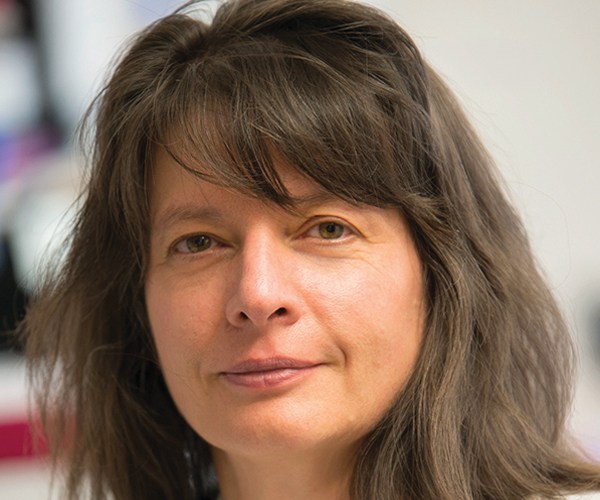
A team led by Ludwig Harvard’s Kornelia Polyak, and including Harvard Center researchers Alex Toker and Franziska Michor, examined mechanisms of drug resistance in inflammatory breast cancer (IBC), an aggressive form of the disease that is highly metastatic and often resistant to therapy. They reported in a January paper in Cancer Research that a cell type they previously identified, defined as CD44+CD24-, is the most common cell type in IBC tumors, and that most such cells are phospho-STAT3+. Kornelia and her colleagues had also previously shown that such CD44+CD24-STAT3+ cells are dependent on JAK2/STAT3 signaling. In the recent study, they showed that combining inhibition of JAK2/STAT3 with paclitaxel treatment suppressed the growth of IBC xenografted tumors in mice more than either agent could alone. Studies using a cell line that mimics clinical drug resistance revealed that STAT3 regulates genes related to inflammation and epithelial-to-mesenchymal transition (EMT)—an initiating step in the metastatic cascade—as well as an enzyme that acts on the signaling molecule cAMP. Metabolic analyses stemming from this observation identified elevated cAMP signaling and CREB as potential therapeutic targets in IBC. The researchers showed that paclitaxel plus JAK2/STAT3 inhibition suppresses the emergence of the chemotherapy-resistant subpopulation of IBC cells, an observation that further supports the use of such drug combinations in the treatment of IBC.
JAK–STAT signaling in inflammatory breast cancer enables chemotherapy-resistant cell states
Cancer Research, 2023 January 3